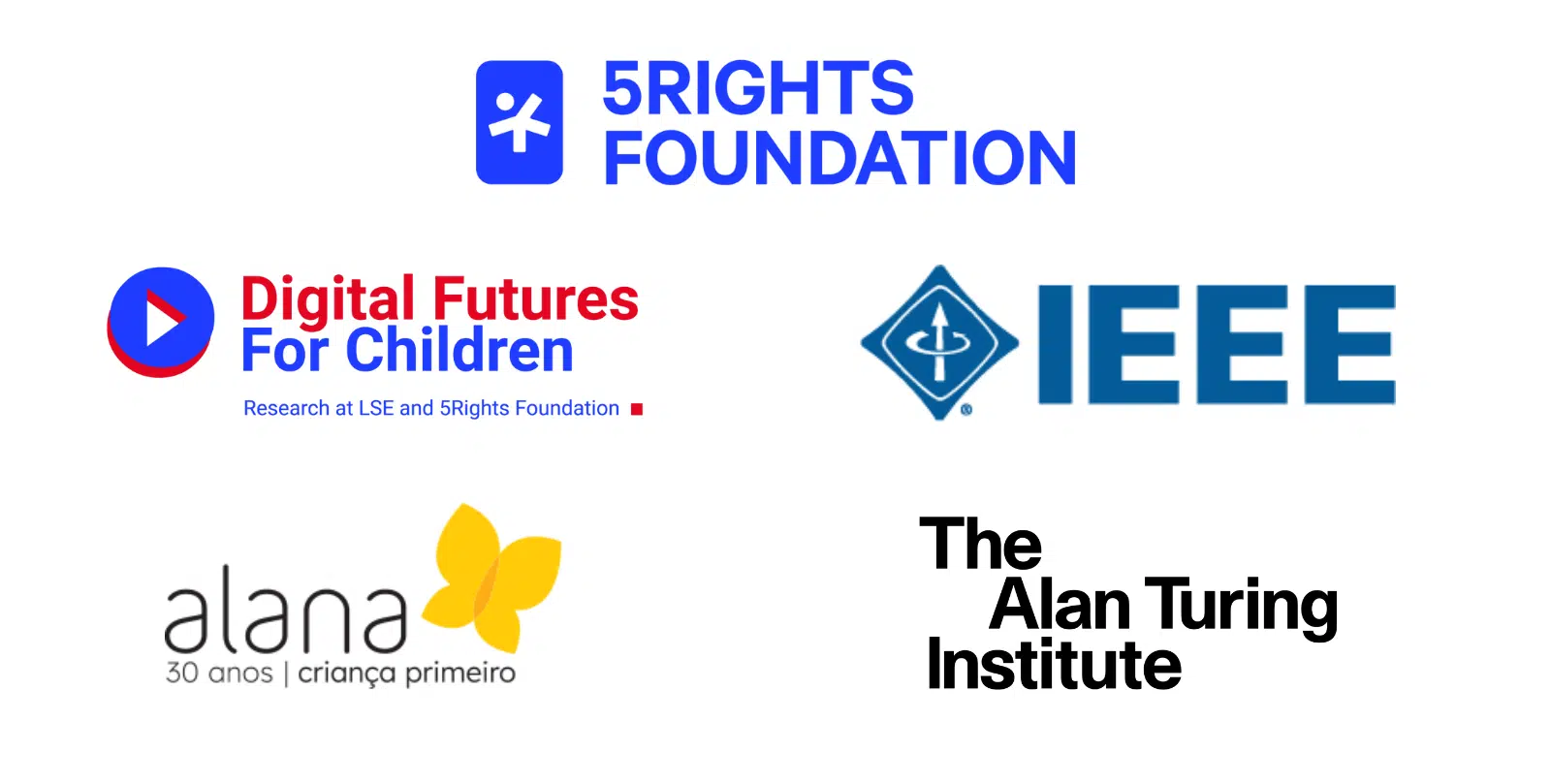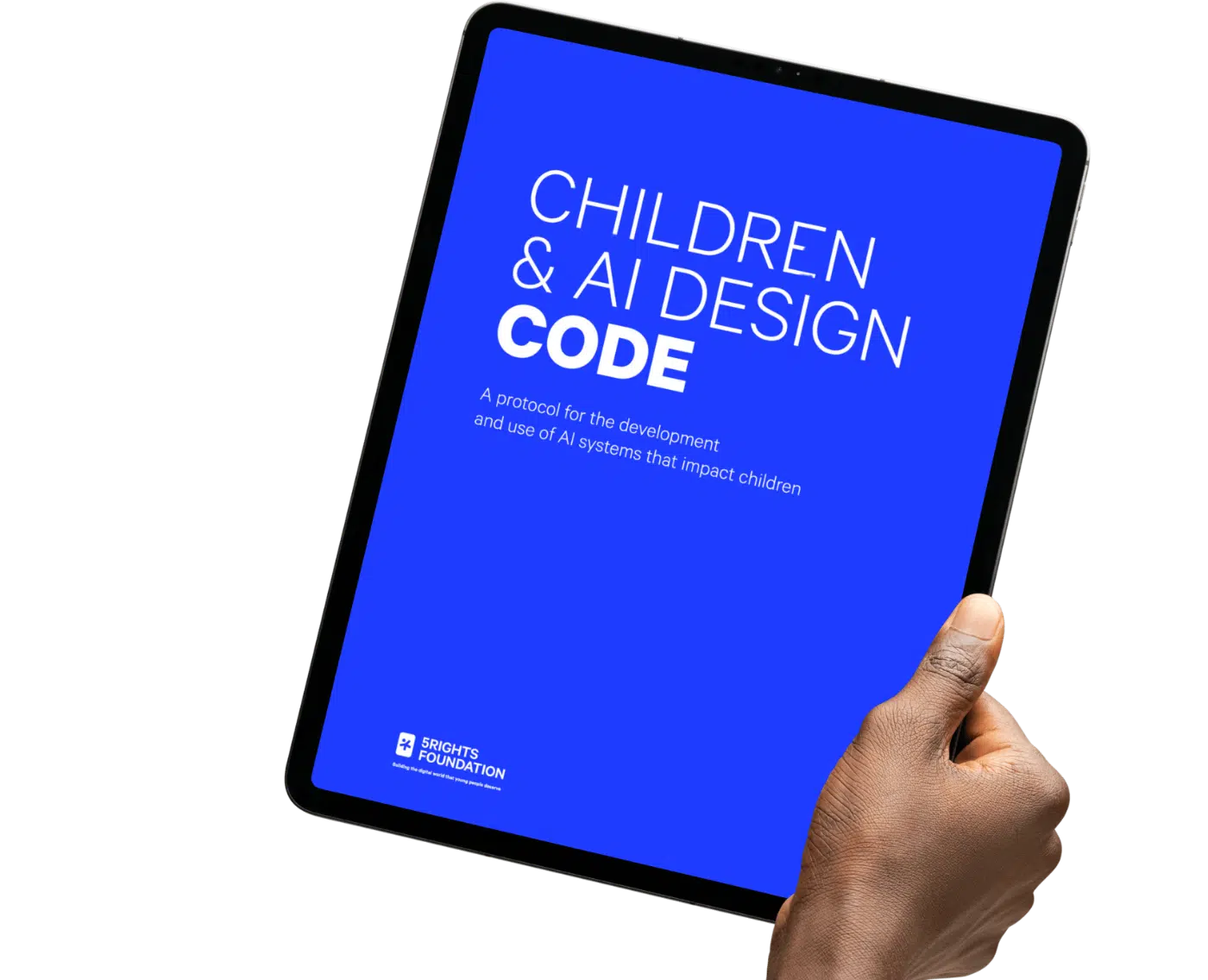Overview
The Code takes a pragmatic and practical view. It sets out a process to identify, evaluate, and mitigate the known risks of AI to children and prepare for the known unknowns. It requires those who build and deploy AI systems to consider the foreseeable risks to children by design and default.
Why we need a Children & AI Design Code?
Children make up 30% of the global population and are disproportionately early adopters of technology, including products and services that use or embed AI. Yet, too often, their needs, rights, and views are not represented in the public and policy debate on AI. So, while much has been said or suggested about oversight for AI, little has focused on children, and nothing practical has been done to ensure that children’s rights and development needs are met.
What you can find in this Code
Part One provides the context to the Code.
Part Two provides advice and guidance on key considerations that are relevant at all stages of the Code.
Part Three sets out the criteria that an AI system that impacts children must meet.
Part Four describes potential risks to children.
Part Five is the Code itself. It includes a checklist of key actions and guidance at each stage of the lifecycle of an AI system.
Part Six provides further information, including key definitions and concepts, as well as stages of child and adolescent development and snapshot case studies to illustrate how the criteria might apply.
Contributors
Dr Ayça Atabey, University of Edinburgh and Digital Futures for Children
Anja Kaspersen, Director at IEEE SA
Dr Andrew Serazin, Senior Research Fellow, Reuben College and Director of the Global Challenges Programme
Nicholas Dunn, student
Professor Sonia Livingstone, Director of Digital Futures for Children, London School of Economics and Political Science
Vaishnavi J, Founder, Vyanams Strategies (Vys)
Dr Pedro Hartung, CEO, Alana Foundation
Dr Manolis Mavrikis, Professor of Artificial Intelligence in Education, UCL Knowledge Lab, University College London
Nell Watson, President, EURAIO
Professor Ali Hessami, Technical Editor and Chair of the IEEE P7000:2021 Standard on Addressing Ethical Concerns in System Design
Moira Patterson, Director at IEEE SA
Steve Wood, Founder, PrivacyX Consulting and former UK Deputy Information Commissioner
Louise Hooper, public law and human rights barrister, Garden Court Chambers
William Perrin, OBE
Dr Jun Zhao, Department of Computer Science, University of Oxford
5Rights Youth Ambassadors
And others who prefer to remain anonymous.


